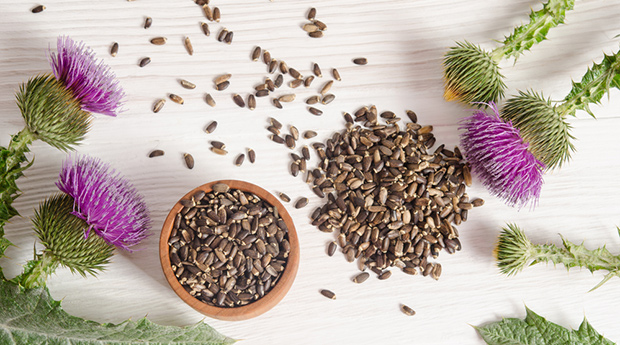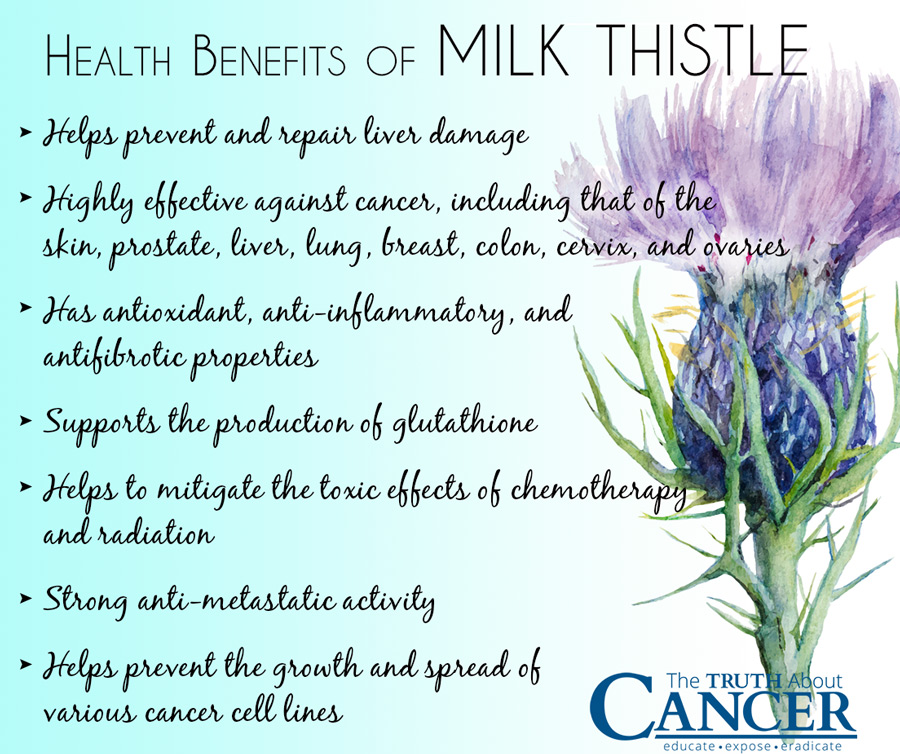
It never ceases to amaze me how our bodies are uniquely equipped to scavenge and eliminate the literally thousands of different toxins we encounter on a daily basis. We are continuously exposed to things like environmental pollution, processed foods, pharmaceutical drugs, contaminated water, and countless other sources of exposure.
And what’s even more amazing to me is that our bodies are designed to do all this…
Even while we’re simultaneously metabolizing nutrients from the foods we eat, regulating our blood sugar levels, producing the hormones we need for life, and all-around maintaining a homeostatic (balanced) state so we can function normally from day to day.
In an ideal world, this process would run smoothly. This is because the amount of good things going into our bodies as fortification would far exceed the amount of bad things. Thus, a toxic overload situation would not occur. Sadly, this isn’t an ideal world!
There are upwards of 70,000 industrial chemicals currently in commercial use, and another 1,000 new ones being introduced every single year. By the way, the vast majority of new chemicals are never properly safety tested and many people are being chemically ambushed.
It happens to such a degree that our bodies are no longer able to eliminate toxins fast enough. This often leads to a toxin-induced health crisis.
Our bodies need additional reinforcements. In other words, we simply aren’t getting the level of nutrient support we need to protect our vital organs from damage and possible shutdown. Our most critical systems of detoxification, the liver being the most prominent, can only take so much abuse before eventually failing. This is why we have to go above and beyond the norm to protect them with supplemental support.
Why Your Liver Needs Milk Thistle
Your body’s primary line of defense against toxins is the liver, which performs more than 300 critical metabolic functions beyond just detoxification. Without our livers, we would very quickly die, which is why we need powerful, liver-protective herbs like milk thistle (Silybum marianum) in our lives.
The health benefits of milk thistle are extensive, and include protection against the various metabolic burdens that cause liver damage and liver failure. Milk thistle is also combative against diabetes, seasonal allergies, metabolic syndrome, gastrointestinal problems, and cancer.
One of the most powerful liver-protective herbs known to man, milk thistle has a solid track record in the scientific literature of exhibiting antioxidant, anti-inflammatory, and antifibrotic (preventing tissue scarring) properties. Milk thistle seeds, and extracts made from these seeds, have long been used as a natural therapeutic to guard against liver damage.
Recent research published in the journal Current Pharmaceutical Biotechnology affirms that silymarin, a lipophilic extract made from milk thistle seeds, mitigates oxidative stress resulting from both alcoholic and non-alcoholic fatty liver disease.
Silymarin contains three compounds − silybin, silydianin, and silychristin − that work together to prevent toxins from overburdening the liver. This in turn helps prevent a cascade of other liver failure-related diseases from forming. These include conditions like atherosclerosis, neurodegenerative disease, and cancer.
Other milk thistle compounds like silibinin perform similar functions. They help to counter the toxic effects of mycotoxins, organic solvents, pharmaceutical drugs, ethanol, and other substances to which humans are routinely exposed in the modern world.
The ability of silymarin to directly alter the membranes of liver cells gives it a unique ability to stimulate cell regeneration. This means it has the potential to reverse liver damage that’s already occurred. Its antioxidant potential has also been shown to not only stop inflammation but trigger the formation of glutathione. Glutathione is the body’s “master” antioxidant that, based on its immense mechanistic actions, holds the key to vibrant health and longevity.
Silymarin marianum Respected in Scientific Literature
Milk thistle is so effective at preventing and treating inflammatory liver conditions that it holds a coveted spot in the rank of German Commission E Monographs, a repository of the world’s most respected and clinically-proven herbal and phytonutrient medicines. Milk thistle is duly regarded in the scientific literature as a protective agent against nerve damage, abnormal brain aging, and cardiovascular disease.
Milk Thistle as a Cancer Treatment
Published studies on milk thistle’s anti-cancer potential show its effectiveness against cancers of the skin, prostate, liver, lung, breast, colon, cervix, and ovaries.
Milk thistle is also powerfully chemoprotective (meaning it protects against damage from cancer drugs). This is why it’s often used as an adjunct in conventional cancer care to help mitigate the toxic effects of chemotherapy and radiation.
The silymarin component of the herb offsets the growth and persistence of various types of cancer cells, including those associated with prostate, skin, and liver cancers. Likewise it exhibits general anti-metastatic activity, meaning it helps prevent cancer cells from spreading throughout the body and infecting other organs.
Other milk thistle constituents such as silibinin and isosilybin B show their own unique promise in preventing and treating cancer as well. Studies have shown that silibinin extracts derived from milk thistle used both internally and topically help protect against skin cancer.
The Effect of Milk Thistle on Prostate Cancer
Oral ingestion of silibinin has also shown efficacy in preventing the growth, spread, and metastasis of prostate cancer cells, working in part by inducing cell cycle arrest.
Isosilybin B is likewise effective in targeting prostate cancer. It helps to maintain healthy prostate cell division inside the body while suppressing the secretion of prostate-specific antigen (PSA), a common marker of the disease’s presence and spread. Isosilybin B has also shown efficacy in fighting both hormone-dependent and hormone-independent prostate cancers. It is also efficacious in suppressing a genetic factor linked to the disease’s formation.
How to Take Milk Thistle
Milk thistle can be taken as a powder or liquid extract, or in tablet or capsule form. Both powdered milk thistle and milk thistle seeds can be brewed into a tea. However, many of the healing compounds found in the plant’s seeds are not easily steeped into hot water. This is why some health practitioners recommend eating the seeds whole or grinding them up and adding them to food or drink.
While there’s no official standard for a therapeutic milk thistle dosage, typical usage amounts range from anywhere between 140 milligrams (for mild conditions like seasonal allergies) to 600 milligrams (for more serious health conditions) of silymarin. This should be divided into two or three doses taken throughout the day.
Potential Side Effects of Taking Silymarin
Milk thistle side effects are generally mild, and both animal and human studies have shown the herb to be generally non-toxic. But taking higher doses can result in upset stomach and diarrhea. This is due to increased bile secretion and flow, which can also result in a laxative effect. Health authorities advise against pregnant and breastfeeding women using silymarin. If you’re allergic to ragweed, yarrow, daisies, chamomile, chrysanthemums, or marigolds, you should also avoid taking this powerful herb.
